God’s kingdom is not a democracy. He is the Supreme Judge and we must abide by His rules and law. We affirm, “the world is filled with His glory.” We appropriate the concept of His divine sovereignty. Until Lord Yeshua returns and establishes His Kingdom on earth, ungodly dictatorships rule many nations. Although there are democracies elected by the people, these are also ungodly, but at least they are not dictatorships.
In a democracy, there must be a separation of powers, in which the essential tasks of governance are divided among the three branches of government in accordance with the perceived strengths of each.
- The coalition: the Legislative branch, which in almost every democracy is the main, most important power. It is first because it is elected by the people, and represents most of the people.
- The second is the Executive branch, ensuring the state is doing what it legislated. This is equally important.
- The third ruling power is the Judicial branch, which is appointed (not elected) to oversee that the government acts according to the law it legislated.
In every democracy, the Judicial branch is independent of the other branches. They cannot force the judges in their rulings.
According to Israel’s state law, only the law is above any judge. The Judicial branch is the lesser of the three branches since it is not elected by the people. Its authority is not from the people, who are sovereign in a democracy. This was the condition of the ruling powers in Israel until the end of the 1970s and the beginning of the 1980s.
Early in the 80s, a gradual change in the balance of powers occurred when the Judicial branch slowly became the most important branch imposing its power on the other two branches.
How did it happen?
In all democracies, the Judicial branch is the third in power. Even when it supervises the actions of the government according to its authority, it is limited in the scope of supervision it allows itself over the Executive branch, and especially the Legislative branch, which in Israel is the Knesset. The Judicial branch must restrain itself as the law permits since it is not an elected body. Judicial doctrines were developed to give substance to that restraint.
Judicial Restraints Removed
The first doctrine is the separation between the elected government, the ruling power, from the appointed Judicial branch.
This separation discourages courts from intervening in political questions best left to more representative branches of government. The Supreme Court’s role is to safeguard the rule of law and protect individual rights, ensuring that government action violates no explicit law while reviewing the activities of the Executive and Legislative branches. The Judicial branch has no right to abolish government laws or make up new laws that were not voted on and approved by the government. However, such is the case now in Israel wherein exists a sort of Supreme Court dictatorship.
In recent years, the State of Israel has undergone a constitutional revolution, especially with the 1992 passage of the Basic Law: ‘Human Dignity and Liberty.’ This law has only 6 conditions, not including freedom of speech or the right for the Supreme Court to abolish or add laws.
Nevertheless, the Supreme Court gave itself rights and the power to abolish Knesset legislation that in the Supreme Court’s opinion violates normative human rights guarantees.
The result is that today virtually every controversy in Israeli public life ends up, sooner or later, in a courtroom.
Justice Aharon Barak
The Supreme Court’s unprecedented power to shape the ideological debate in Israel started and is now dependent on Aharon Barak’s judicial worldview, which is mainly left-wing progressive liberal, with the excuse that the views serve the values of Israel as a “Jewish and democratic” state.
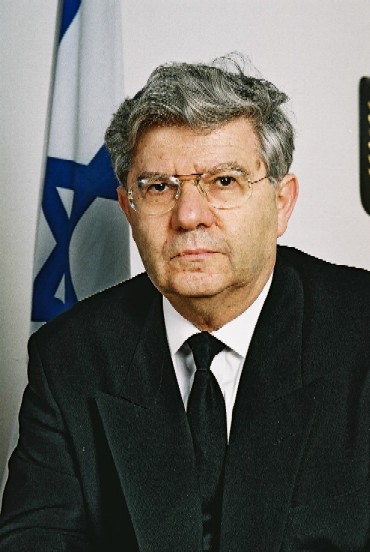
A brilliant and accomplished lawyer and judge, Aharon Barak was Attorney-General in 1975, and in 1995 became the Supreme Court president, a post he held until he retired in 2006.
Barak’s legal philosophy is that the law always has its say, on everything, and that every human behavior is subject to a legal norm, including politics, by keeping the actions of the government under his view of the law.
However, in a democracy, the court’s capacity to protect the rule of law is limited by the judge’s inherently passive role in politics. No matter how much a government action may offend his sensibilities, a judge can only review a case that comes before him in court, and even then only if the plaintiff has a sufficiently direct interest in the case, and if the issue at hand is of the kind that courts are allowed to adjudicate.
There are principles that limit the power of the judges:
The principle of “standing” dictates that only a party or someone who has suffered an injury to a right or personal interest can be heard (stand before a judge.) This restriction is important for courts to protect themselves from being overwhelmed by what the legal literature calls “unnecessary” litigation cases that do not require a judicial remedy, whose adjudication only distracts the court from properly being used. In other countries, there are laws concerning the principle of standing and the desired scope of limitation. The higher the level of limitations, the less involvement of judges in the ruling of government cases. So, the first thing that Aharon Barak did was to eliminate this requirement for the right of standing from the Israeli Judicial system. Now everyone can petition the Supreme Court in any case and matter, and the government has to be subject to the Judicial branch, meaning his view of the law.
The second principle Aharon Barak canceled was the principle of non-judgment or “justifiability;” determining which issue the court will hear. Because it is the third branch, subject to the other two elected branches, the court should exclude itself from being involved in political matters such as the conduct of foreign affairs best left in the hands of the Executive or Legislative Branches.
However, now, the Supreme Court can rule in any case and matter presented, without exception, especially in political matters.
Aharon Barak cannot stand the prospect of restricting the Supreme Court, therefore it must intervene even in government, which is an elected legislative power that in a democracy must stay separated from the appointed judiciary power.
Thirdly, Aharon Barak added to the Supreme Court the principle of reasonableness. The Supreme Court decides what is reasonable and what isn’t. Now the Supreme Court can cancel any decision made by the government without exception just because it isn’t reasonable in the judges’ opinion.
Therefore, from now on the name should be: “The Supreme Court of Reasonableness” – the “authority” without authority the Supreme Court gave itself to cancel and add laws.
These are some of the foundations Aharon Barak formed that made the Supreme Court the supreme and only ruler in the State of Israel, not in order to enforce the law, but to make the Supreme Court the ruler of law enforcement, which is contrary to real law enforcement.
The Supreme Court is now the body that decides in any matter, big or small.
Just two examples:
1. Lately, opposing the office of finances’ opinion, the Supreme Court ordered that loose tobacco be taxed.
2. When Netanyahu was PM last time and legally held several portfolios, the Supreme Court ordered Netanyahu to give up some of them.
To get rid of, not the original Supreme Court, but this Supreme Court dictatorship, there needs to be a Basic Law that will be called, “the law of separation of the ruling powers”, separating the authority of the courts in public law enforcement. This Basic Law will destroy the foundations of the Supreme Court dictatorship formed by Aharon Barak by re-establishing the laws that the Supreme Court abolished without authority. The Supreme Court would be once again the way it is supposed to be.
In recent years, former Supreme Court President Barak and his fellow justices have overruled a number of governmental decisions and actions.
Today any government official in Israel can be brought before the Supreme Court. Indeed, a sizeable number of government moves have already been stopped by the Supreme Court with the excuse of enforcement of the “rule of law.” It has become an ever-expanding empire ruled by judges. As a result, there are serious difficulties for Israel’s democratic political system, and society as a whole. The new government intends to do something about it.
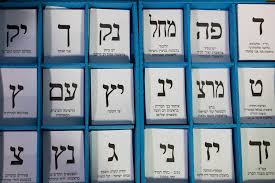

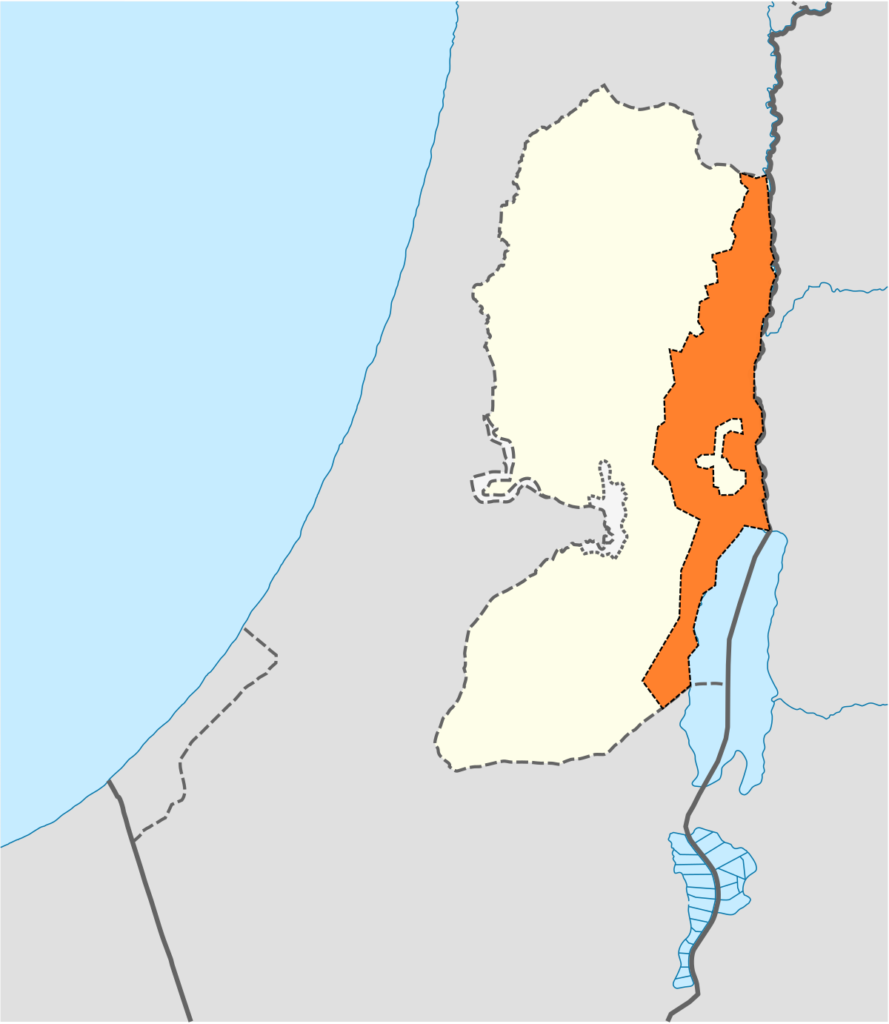
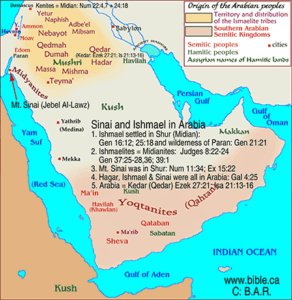 Just as the Lord had said, a year later Sarah gave birth to Isaac. God told Abraham to send Ishmael away (he settled in Paran in Arabia,) that He would make him there a great nation also:
Just as the Lord had said, a year later Sarah gave birth to Isaac. God told Abraham to send Ishmael away (he settled in Paran in Arabia,) that He would make him there a great nation also: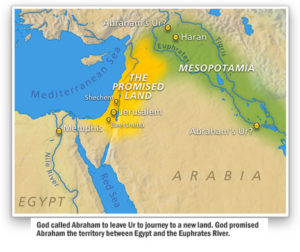 Modern archaeology confirms the Biblical account of ‘Israelite’ people in the land of Canaan sometime during the first Iron Age. These people differentiated themselves from the Canaanites by not intermarrying, genealogy, and religion.
Modern archaeology confirms the Biblical account of ‘Israelite’ people in the land of Canaan sometime during the first Iron Age. These people differentiated themselves from the Canaanites by not intermarrying, genealogy, and religion.